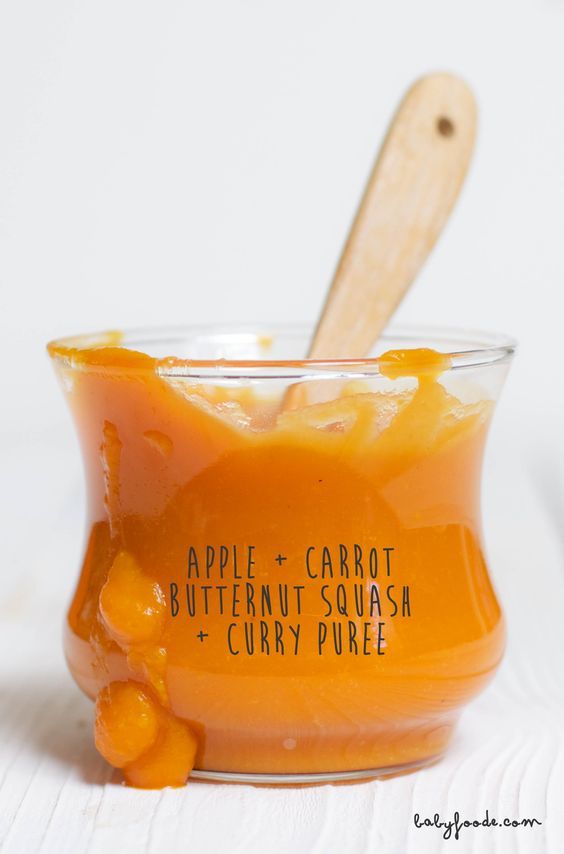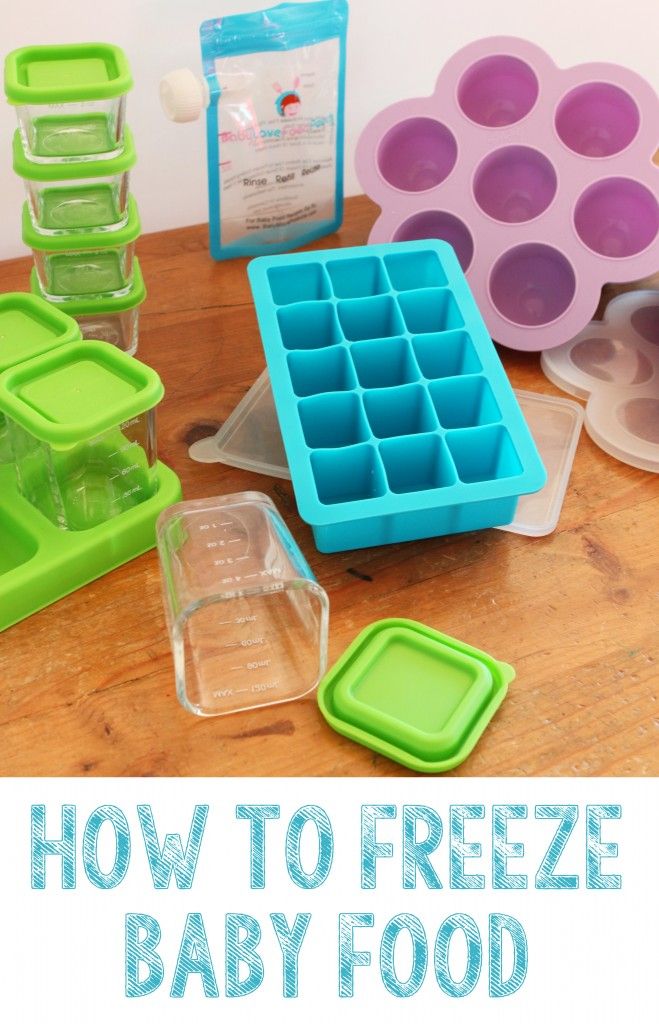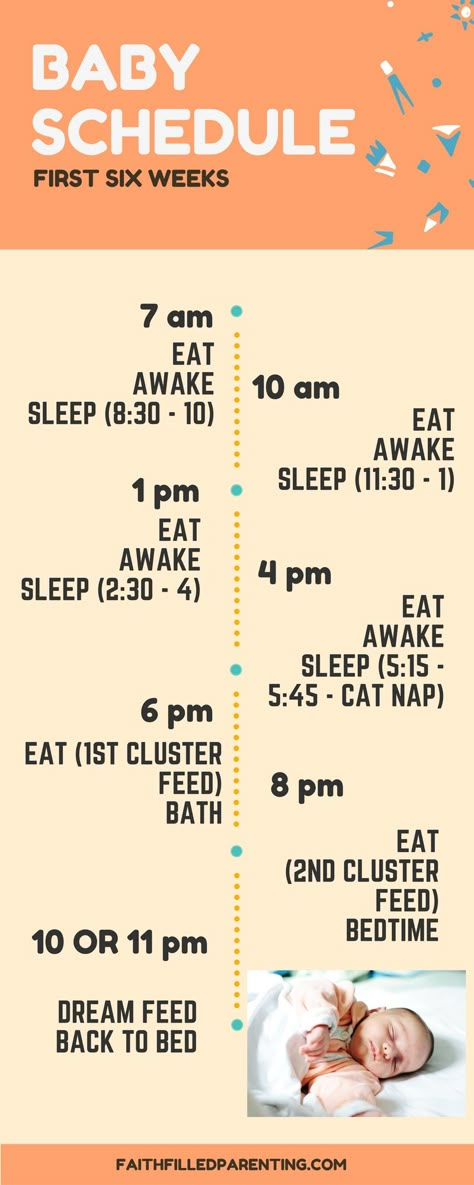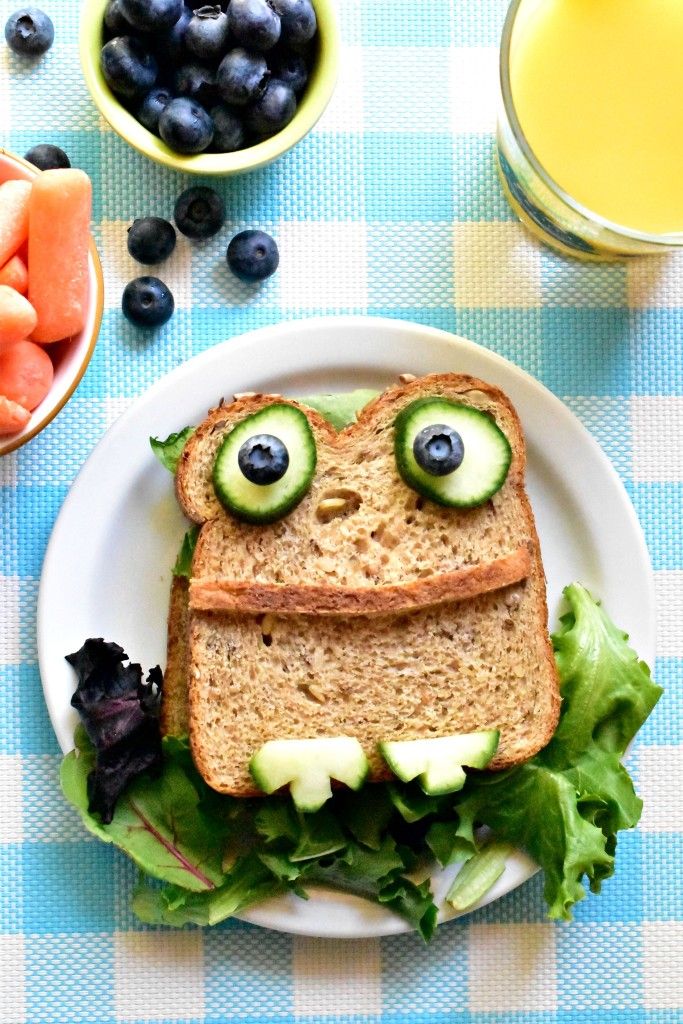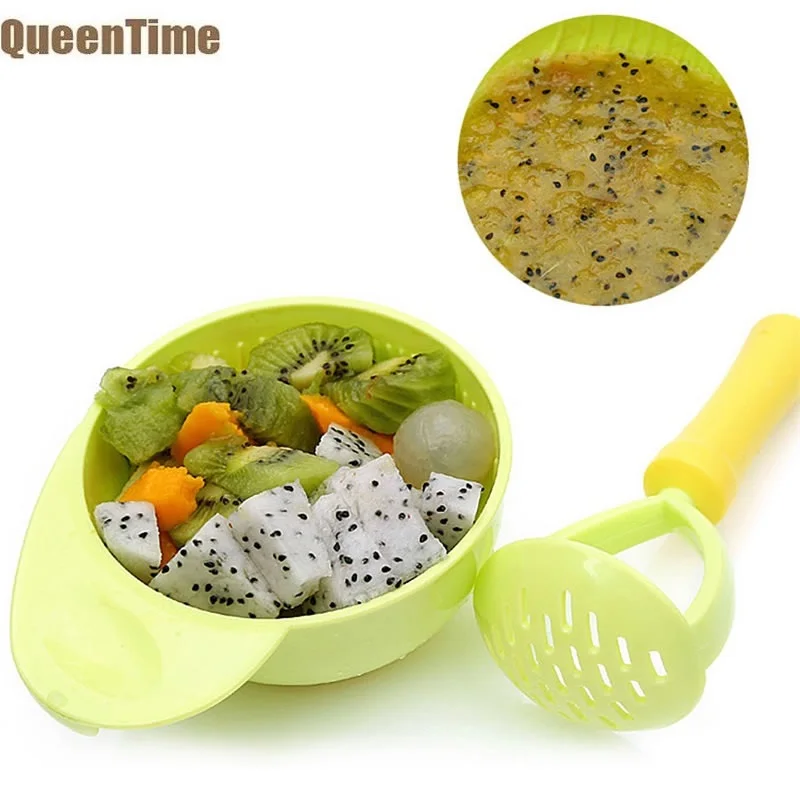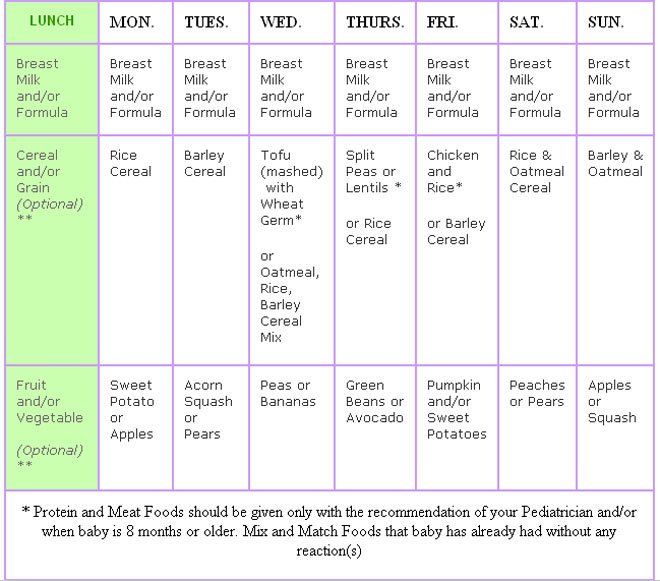Baby food expiration
What an Expiration Date Means for Baby’s Food
It’s probably safe to say most of us discerning shoppers go to the supermarket and automatically scan the expiration date on any packaged food before deciding whether it goes into the shopping cart. That’s likely doubly true when buying food for your baby or toddler. It’s important to keep an eye on these sell by dates and best by dates, at least to some degree—but experts say you typically have some leeway with the dates once the food comes home and finds a place in your pantry or fridge. Plus, there are different types of expiration dates, and they don’t all mean the same thing. Here’s the real deal on food expiration dates, so nothing has to go to waste before its time.
How to Read Expiration Dates
With all the different types of food expiration dates, it’s understandable if you’re a bit fuzzy on what each means. While each has something to do with food quality, things get a little nuanced beyond that. But across the board, food sold in the US isn’t required to display any kind of expiration date (with the exception of baby formula)—instead, the best by or use by dates are completely up to the food company. “Manufacturers provide dating to help consumers and retailers decide when food is of best quality,” the US Department of Agriculture (USDA) states. “Except for infant formula, dates are not an indicator of the product’s safety.”
• Best by dates are probably the most common, and they usually mean it’s a good idea to buy and use the product by the date on the label in order to enjoy the food at its highest quality. It doesn’t necessarily mean that past that date, the food is unsafe to consume. “In general, ‘best by’ means you want to use it by that date or soon after, because its quality is going to go down after that,” says Michael Doyle, PhD, a professor of food microbiology at the Center for Food Safety at the University of Georgia.
• Sell by date is a label that’s generally put in place to let retailers know that food is less likely to spoil if it’s sold before a set time, says Benjamin Chapman, PhD, an associate professor and food safety extension specialist at North Carolina State University.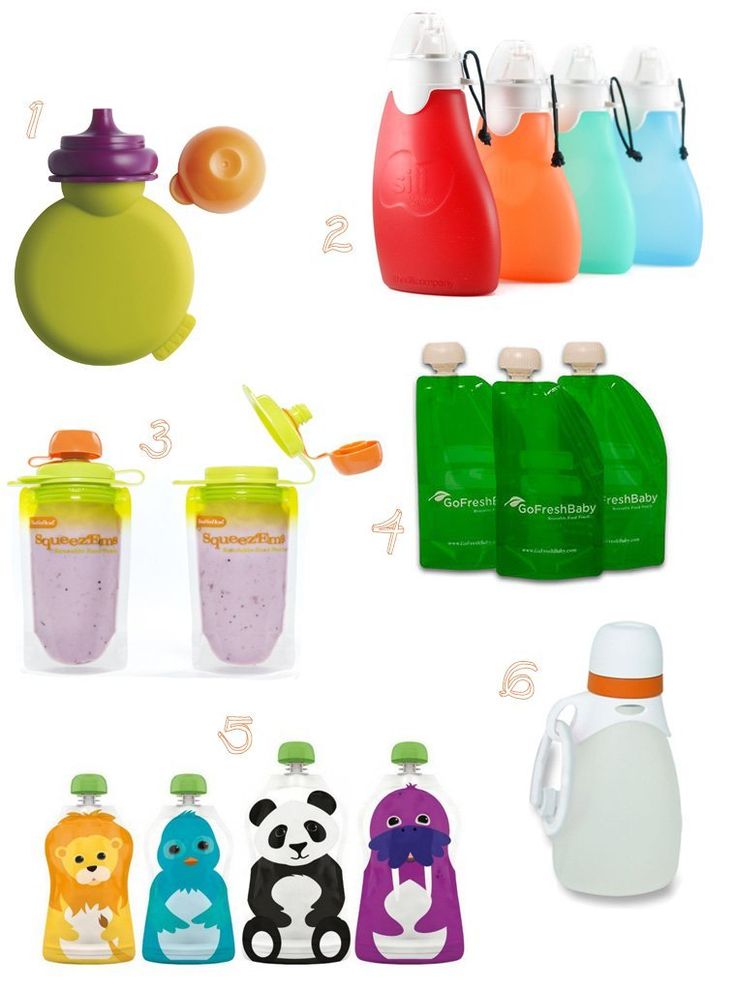 If a product isn’t sold by its sell by date, retailers should, in theory, pull it from shelves.
If a product isn’t sold by its sell by date, retailers should, in theory, pull it from shelves.
• Use by date is just what it sounds like—you should use a product before you hit this date, which is the last day the food will be at its peak quality. While you may see this date stamp on other foods, the FDA only requires it to be on infant formula.
Food Expiration Dates: What You Can Eat When
Stocking up on food for your kids only to have it sit in the fridge for several days is an all-too-familiar scenario for many of us—but before you toss it, know this: It’s generally safe to feed your child most foods that are a few days beyond their expiration dates and, in some cases, even longer, Chapman says. “If the date passes during home storage, a product should still be safe and wholesome … until spoilage is evident,” according to the USDA. That said, specifics help. Here’s which common baby and toddler foods are and aren’t safe to eat past their expiration date:
• Expired baby formula. Unopened cans of formula generally last a year—and this is the one food you don’t want to serve past its use by date. It has nothing to do with food safety, but beyond that use by date, the nutrients in the formula will start to degrade, Chapman says. “Since it’s the only source of nutrition for infants, it’s very important the nutrients are precise,” he says.
Unopened cans of formula generally last a year—and this is the one food you don’t want to serve past its use by date. It has nothing to do with food safety, but beyond that use by date, the nutrients in the formula will start to degrade, Chapman says. “Since it’s the only source of nutrition for infants, it’s very important the nutrients are precise,” he says.
• Jars or pouches of baby food past their sell by date. After your child eats from a jar or pouch of baby food, any leftovers should be thrown out, especially if you fed baby right from the container (since the saliva can contaminate the food). But if the packages are still sealed, Chapman says you’re fine to use them a few days past the expiration date. The quality of the products past their sell by date will vary, he says, but jars should keep food fresh longer than pouches.
• Cereal and puffs past their best by date. You definitely have some leeway here, especially if the box is unopened.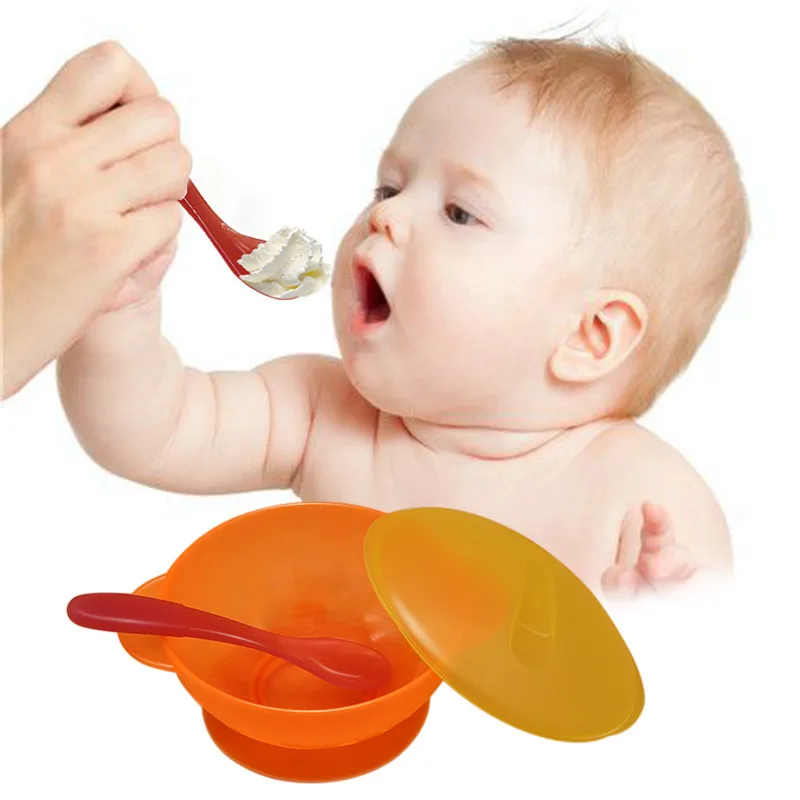 “Cereal can be used much longer than just a few weeks past the expiration date,” Doyle says. The biggest potential issue is that fat in the cereal will oxidize, causing the taste to be a little off. But it’s more likely to go stale than anything else, Chapman says.
“Cereal can be used much longer than just a few weeks past the expiration date,” Doyle says. The biggest potential issue is that fat in the cereal will oxidize, causing the taste to be a little off. But it’s more likely to go stale than anything else, Chapman says.
• Eggs past their expiration date. Eggs are usually good for three to five weeks in the fridge. Salmonella is a potential issue, Doyle says, which is why he doesn’t recommend using them more than a week past their date stamp.
• Milk past its sell by date. How long milk can sit in your fridge depends on how much it’s been pasteurized (ultra-pasteurized milk can last for months, for example), so it’s best to get a general idea by the date stamp, Chapman says. “In pasteurized milk, we don’t often look at it as a source of pathogens, but it goes sour,” he says. If it’s in your fridge and you’re a day or two past the sell by date, you’re probably fine to give it to your kids (provided it tastes okay). “I would have no qualms feeding my grandchildren milk that’s a week past the expiration date,” Doyle says.
“I would have no qualms feeding my grandchildren milk that’s a week past the expiration date,” Doyle says.
• Yogurt past its best by date. You’re perfectly fine to eat yogurt past its expiration date—and usually for quite a while afterward. “Yogurt is made from pasteurized milk, so the harmful microbes should [already] be killed,” Doyle says. The biggest concern is that the yogurt might taste tangier the longer you get past the best by date, since acid builds up in it over time. But “a month past is no less safe than if you had eaten it within that best before date,” Chapman says.
• Juice past its sell by date. From a food safety standpoint, it’s never a good idea to drink unpasteurized juice, due to the risk of harmful bacteria—and that’s especially true for children. If you were planning to give baby unpasteurized juice, don’t. But if you have a pasteurized apple juice box or orange juice container that’s a few days past the sell by date, you should be fine to give it to your child as long as it’s unopened, Chapman says.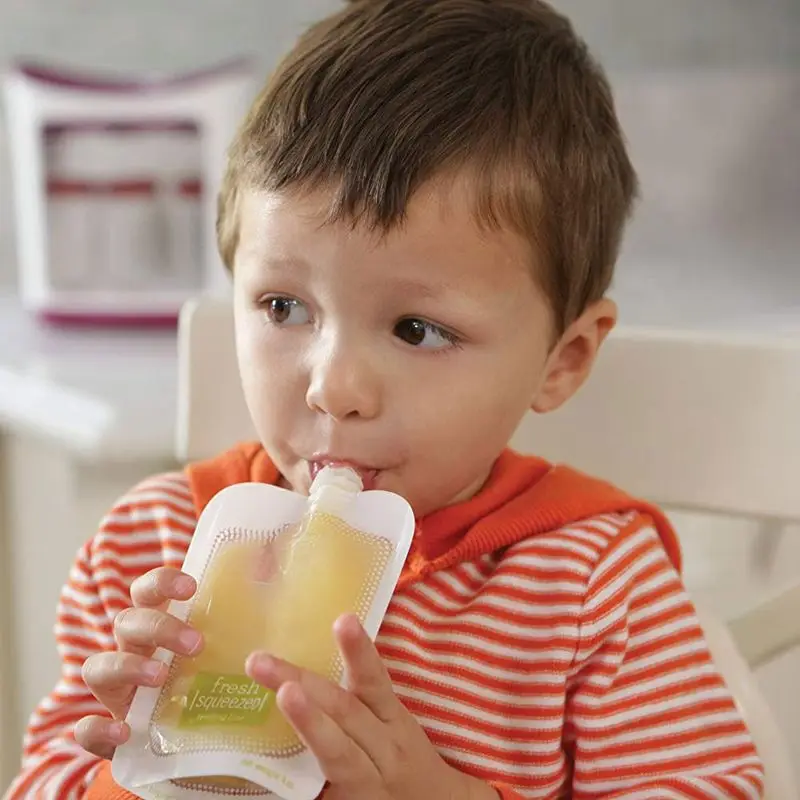 And, he points out, “if the juices need refrigeration, they have to stay refrigerated.“
And, he points out, “if the juices need refrigeration, they have to stay refrigerated.“
These are general rules for a few of the big foods that babies and toddlers eat. But if you’re not sure if the food you’d usually serve to your child is okay, it’s best to take a pass. “When in doubt, throw it out,” Doyle says. “That’s generally the rule for food safety.”
Published September 2017
Please note: The Bump and the materials and information it contains are not intended to, and do not constitute, medical or other health advice or diagnosis and should not be used as such. You should always consult with a qualified physician or health professional about your specific circumstances.
Does Baby Food Expire? (With 5 Thrifty Ways To Save It!)
It’s so exciting when your little one graduates from breastmilk or formula to ‘real’ food! But the new foods and flavors come with new rules about what’s safe for your baby to eat, and what isn’t so you’ll need to understand why baby food expiration dates matter!
Does baby food expire? The FDA does not require baby food to be labeled with an expiration date but all manufacturers will list a sell by, best by, or use by date to tell customers and retailers how long their product is safe to eat and when it will taste the freshest.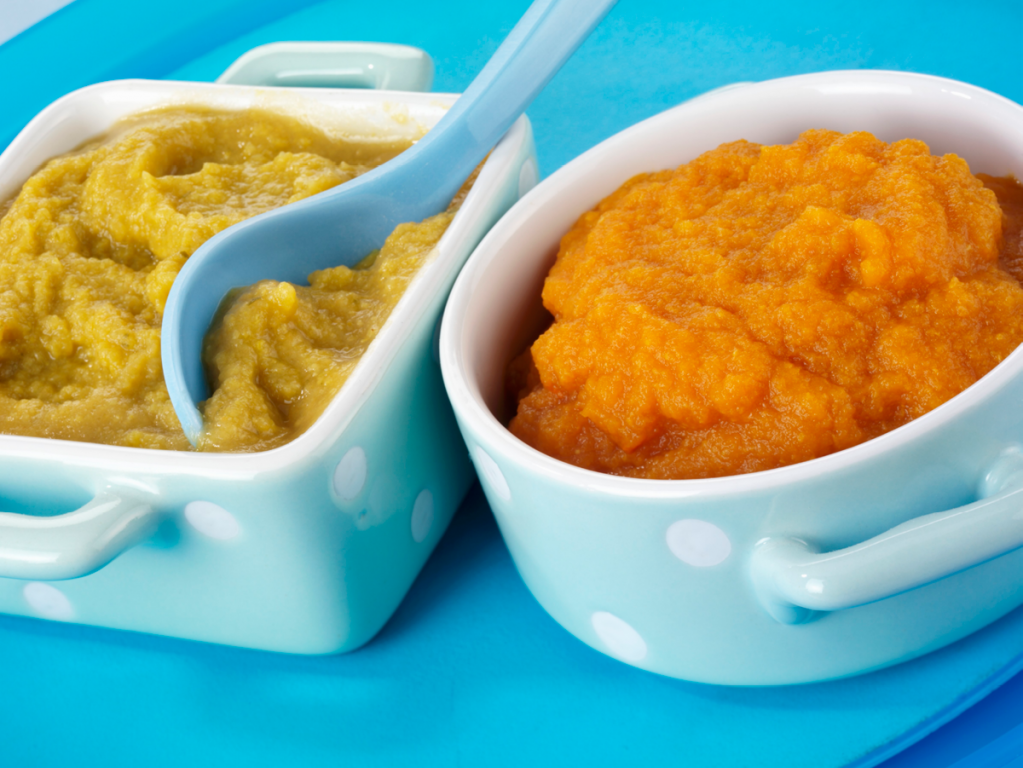 Unlike some other foods, baby food should not be used after it is expired.
Unlike some other foods, baby food should not be used after it is expired.
Ultimately, baby food safety is a lot like regular food safety. Keep reading to learn how to interpret ‘best by’ dates, make the most of your baby food, and keep your little one safely fed.
Table of Contents
Does baby food have an expiration date?
Fun fact: the FDA doesn’t actually require companies to put an expiration date on most foods.
The one exception is infant formula, but it’s probably not for the reason you think. Baby formula doesn’t usually “go bad”; rather, after a certain amount of time, the nutrients in the formula begin to deteriorate. Because young babies rely completely on the nutrients that they get from the formula, any deterioration means that your baby isn’t getting the vitamins and minerals they need to be healthy.
Baby food, however, isn’t the same thing as baby formula, so it isn’t required by law to have an expiration date. Even though it’s not FDA-mandated, many food companies voluntarily include an expiration, ‘best by,’ or ‘sell by’ date on their packaging.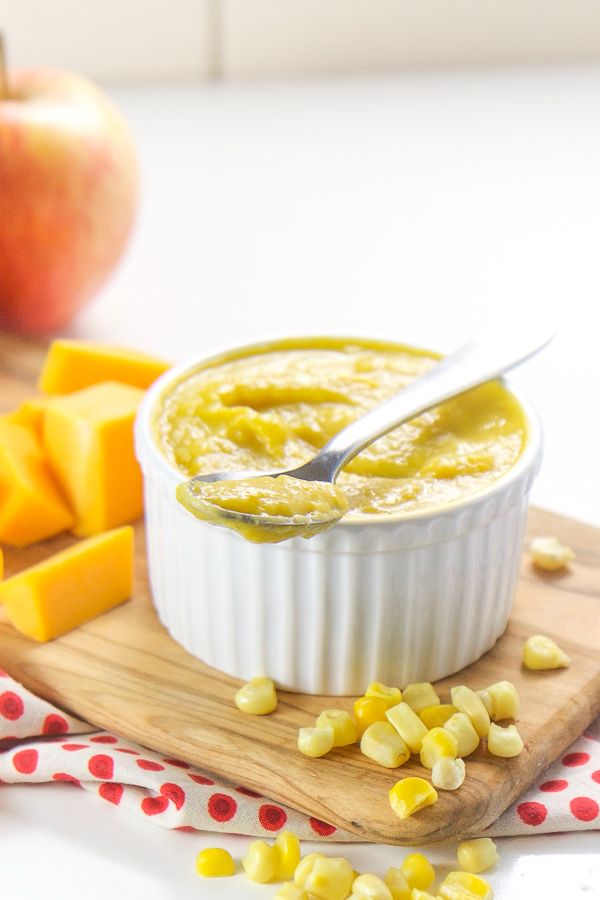 These dates are a recommendation by the manufacturer about when their product is best for the consumer to use.
These dates are a recommendation by the manufacturer about when their product is best for the consumer to use.
Here’s a quick interpretation guide for each type of date:
- Sell By – A sell by date is actually a guide for the stores stocking the product, rather than for the customers who buy the food. It helps retailers rotate their inventory to keep products off of the shelves that might go bad before, or immediately after, selling.
- Best By – These dates are often labelled as ‘best before’ or ‘best by’ dates. This is a suggestion made by the food manufacturer for when their product will have the best taste or flavor. Eating food after this point can be completely safe, but the product might not taste as good as earlier. If you’ve ever eaten stale cereal, you know exactly what I’m talking about.
- Use By – This label is the closest most foods come to a legitimate ‘expiration’ date. It’s recommended by the manufacturer that you consume their product before the ‘use by’ date if you want the best quality of the product.
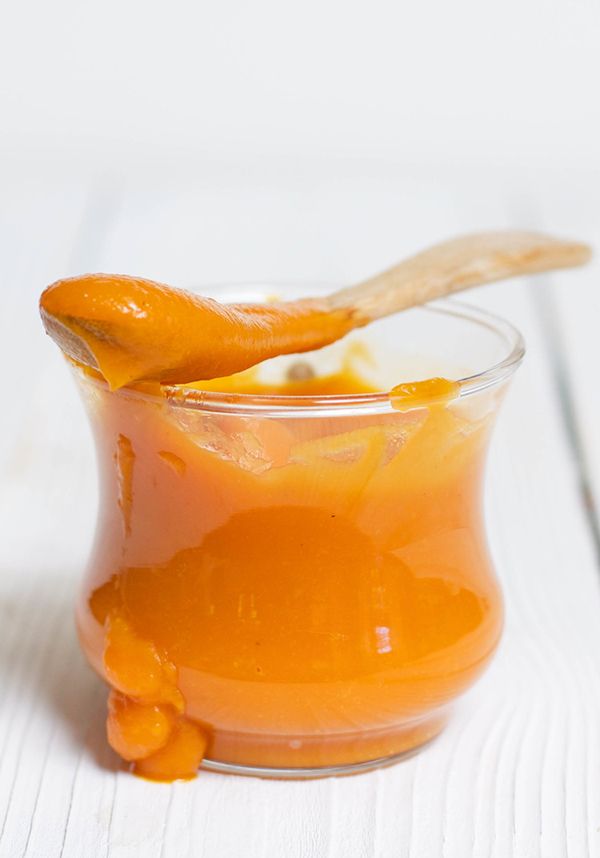 Keep in mind, though, that for every type of food except for baby formula, you can often still eat food after it’s ‘use by’ date and be perfectly safe.
Keep in mind, though, that for every type of food except for baby formula, you can often still eat food after it’s ‘use by’ date and be perfectly safe.
When it comes to baby food, you’re likely to see a recommended consumption date, which is usually printed on the bottom or back of the bottle, jar, or pouch. Although the dates printed on baby food are more recommendations than anything else, you’re right to be wary about feeding your baby food that might not be completely trustworthy.
Baby food in jars tends to last longer than pouches, and unopened cereals can last for years if they’re stored properly. Here’s a quick breakdown of expert estimates for food storage length:
- Baby Food (Jars) – 2 years when unopened. 1-3 days once opened (if refrigerated).
- Baby Food (Pouches) – 1 year when unopened. 1 day once opened (if refrigerated).
- Baby Cereal – 3 years when unopened. 30 days once opened.
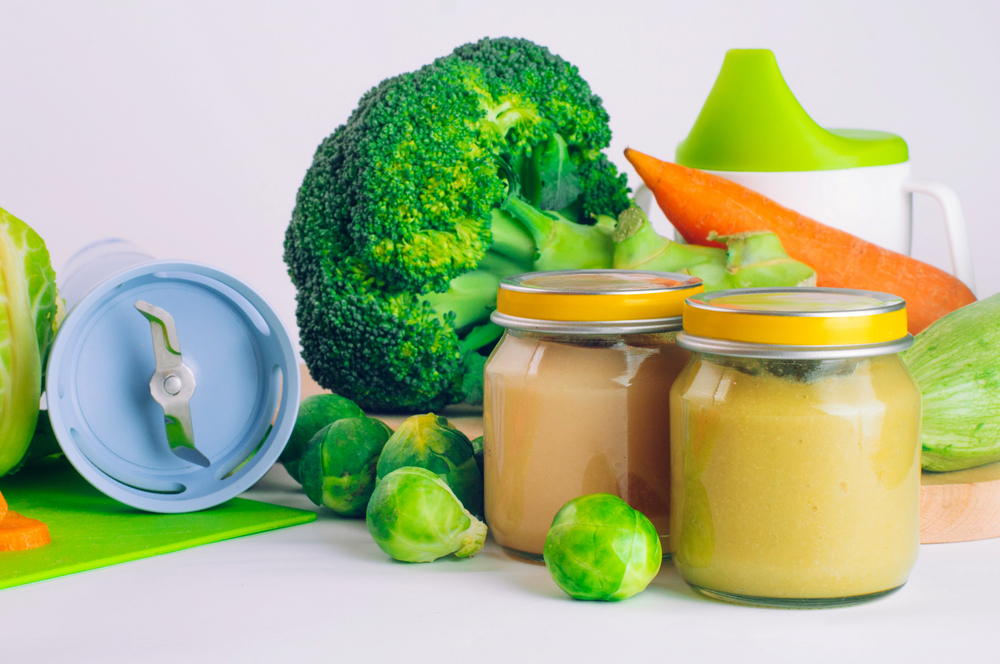
If you’re only a few days or weeks past the ‘use by’ date on the packaging and the baby food looks normal, you’re probably fine to use it. But if you’re ever worried about whether the food you’re serving your baby is safe, then skip the anxiety and opt for something you know is going to be fresh and completely safe.
Can babies eat expired baby food?
The ‘best by’ date listed on baby food is a recommendation made by the manufacturing company, not a hard-and-fast rule. With that being said, it’s always best to be safe when it comes to what your little one is eating. You might feel comfortable rolling the dice with some of the sketchy leftovers you eat, but you’ll want to be more cautious when it comes to your baby.
Babies grow and develop at a remarkable pace, so it’s important that the food they eat is nutritious and safe. As baby food ages, it has the potential to lose some of its nutritional value as the vitamins and minerals in the food break down over time.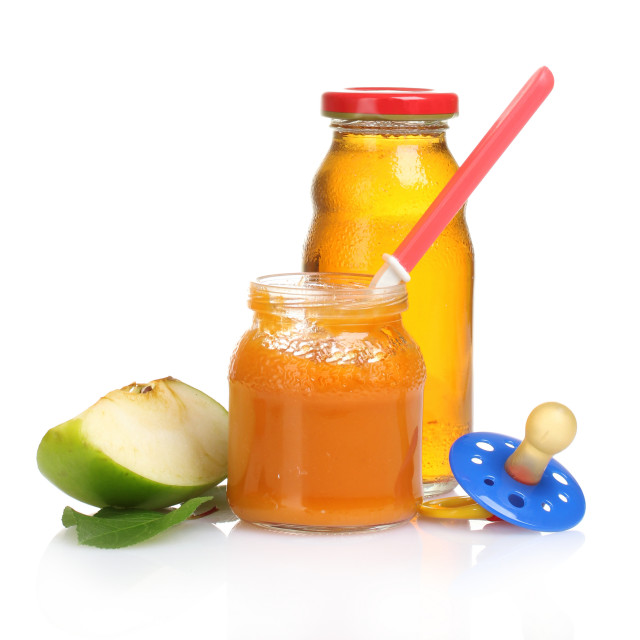 This nutritional breakdown is the reason the FDA requires infant formula to include an expiration date that must be followed.
This nutritional breakdown is the reason the FDA requires infant formula to include an expiration date that must be followed.
Although pureed baby food isn’t required to have an expiration date printed on the packaging, the same principle applies: if you want to feed your child nutritious, safe food, opt for something as fresh as possible. Even if a jar of barely-expired baby food might technically be safe to consume, it’s certainly not a great option when it comes to the overall health of your baby.
Use these tips to help decide if your baby’s food is safe to eat:
- Check the ‘use by’ date on the packaging. If you’re more than a few months past that date, toss the food.
- Make sure the packaging is secure. If any seals or tabs on the jar, pouch, or container have been broken, toss the food.
- If the baby food looks ‘funny,’ (you notice separation; the colors have turned brown; you see mold etc.) toss the food
- If the baby food smells ‘funny,’ (think sour milk or meat that’s been left out too long,) toss the food.
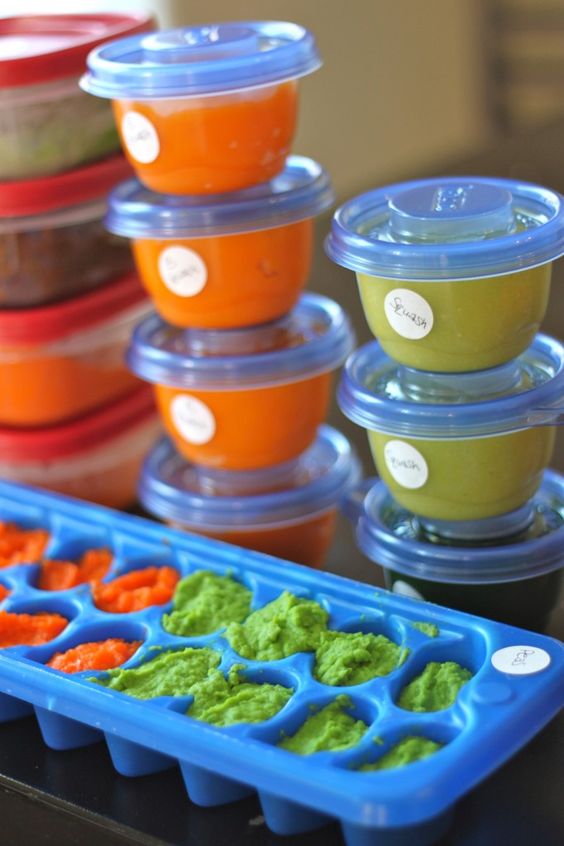
- If you notice any swelling or bubbling of the pouch or can, toss the food.
What if your baby ate expired baby food?
If you realize you’ve fed your baby some food that’s a little past the listed ‘best by’ date, don’t panic! Assuming your baby isn’t having any negative reaction to the food, you’re probably okay. Baby food can last for a long time if it’s stored properly, and if you didn’t notice anything strange about the food while feeding your baby, it’s probably not going to cause any harm.
If the expired baby food has spoiled, your little one might exhibit signs of food poisoning. Food poisoning usually sets in within 24 hours after eating food that has gone bad. You might notice symptoms such as diarrhea, vomiting, and/or fever. Symptoms usually last for a day or two.
If your baby does show signs of food poisoning, call your doctor for recommended care. Usually, the treatment will focus on keeping your child hydrated by providing them with small amounts of either breastmilk or formula every hour or so.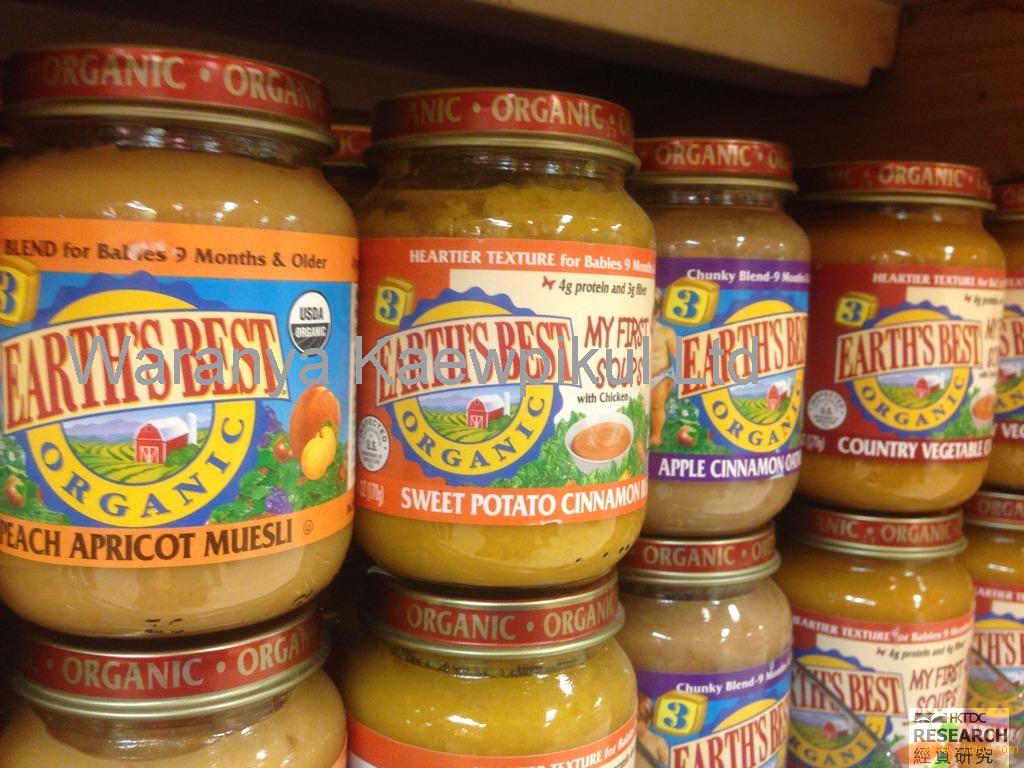
If your child is having trouble breathing or shows signs of a seizure, call 911 immediately.
How long does unopened baby food last?
Pureed baby foods can last for years, as long as they’re unopened and stored correctly. Jars of baby food have a longer shelf-life, at around 2 years.
Pouches of baby food can last for up to a year, although it’s best to try and purchase a brand with clear packaging so you can check the food for discoloration as you near the expiration date.
Baby cereal (rice, oatmeal, etc.) can last for 3 years as long as the seal on the packaging remains unopened.
Why does baby food have a long shelf life?
Baby food can last on the shelf for such a long time because of the production process used to make the food shelf-stable. Most baby foods are heated several times and mixed with acids to bring down the pH level of the food. The pasteurization and acidification processes kill all the bacteria and deactivate the enzymes that would normally cause the food to spoil.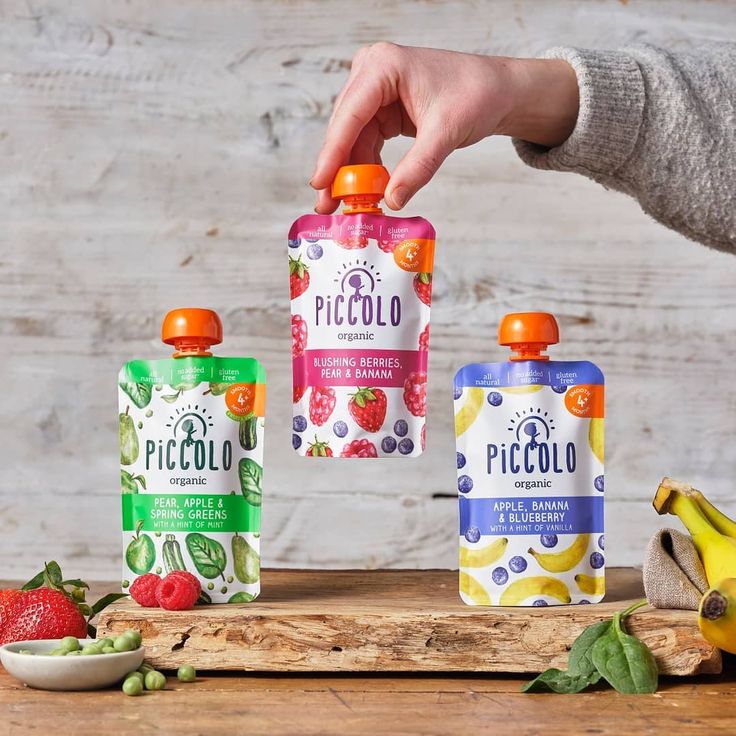 As long as air isn’t introduced to the baby food, it can last on the shelf for years.
As long as air isn’t introduced to the baby food, it can last on the shelf for years.
What is the shelf life of Gerber baby food?
Pouches: 1 year
Jars: 2 years
Cereal: 3 years
What is the shelf life of Beechnut baby food?
Pouches: 6 months
Jars: 18 months
What is the shelf life of Parent’s Choice baby food?
Pouches: 1 year
How long does opened baby food last?
Baby food only lasts for a few days in the refrigerator once it’s been opened, but the exact timing depends on the type of food and the method of storage. Here’s a handy guide on opened baby food safety
| Type Of Opened Baby Food | How Long It Will Last Refrigerated | How Long It Will LastFrozen |
|---|---|---|
| Fruits and vegetables | 2-3 days | 6-8 months |
| Meats and eggs | 1 day | 1-2 months |
| Meats and vegetables | 1-2 days | 1-2 months |
| Homemade baby food | 1-2 days | 3-4 months |
Any unrefrigerated baby food is only safe for 2 hours after opening.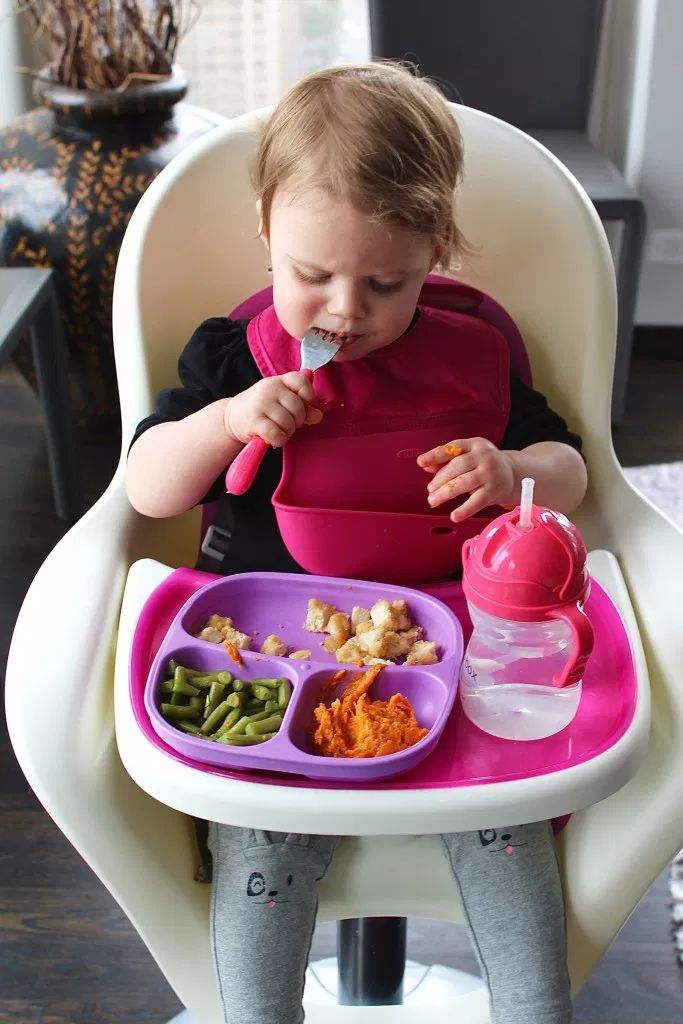
How to store opened baby food properly
Since we’ve made such a big deal about how long baby food lasts we should probably talk about how to store it properly as well!
Once baby food is opened:
- Refrigerate or freeze any unused portions promptly to prevent spoilage
- Cover any opened jars or containers, or place the leftovers in a sealed container
- Put a date on the food so that you’ll know when to throw the leftovers away.
Make sure you only save food your baby hasn’t touched. Any food that’s come in contact with your little one’s hands, mouth, or spoon can contain harmful bacteria.
5 ways to avoid throwing away baby food
It can be a huge financial pain to throw out unused baby food. Here are some tips to help save your budget:
- Plan ahead: Your little one will only be eating baby food for a few short months. Even though it’s tempting to buy a dozen of every new flavor of food as soon as your baby hits 6 months, resist the urge.
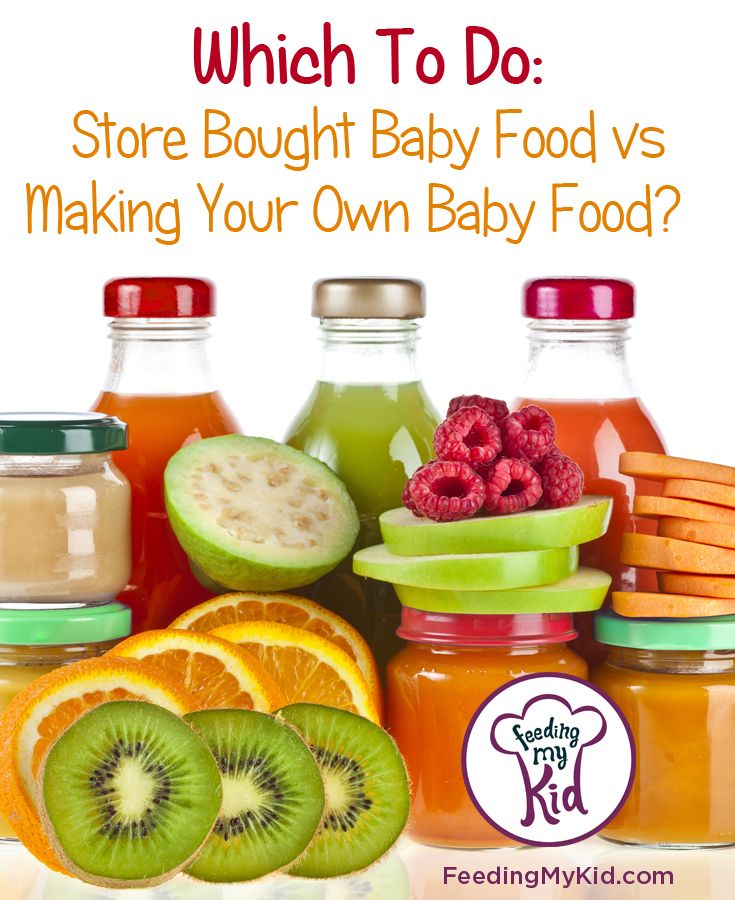 Only buy as much food as you’ll actually need.
Only buy as much food as you’ll actually need. - Portion wisely: Don’t feed your baby straight from the container of baby food, because you won’t be able to save any leftovers that way. Instead, spoon some of the food into a separate bowl, and feed your baby from that. You can always add more to the bowl if you need it!
- Store well: Know exactly how to store any unopened and opened baby food. Keep unopened food away from heat and out of the reach of grabbing hands. Refrigerate opened food near the front of the fridge, where you’ll actually remember to use it.
- Label: Before refrigerating opened baby food, label it with the expiration date so you’ll know if it’s still safe to consume. Stickers or dry erase markers work really well for labelling (and it’s a great technique to apply to your own leftover food, too!)
- Use the blender: If you’re comfortable with the idea, try making your own baby food.
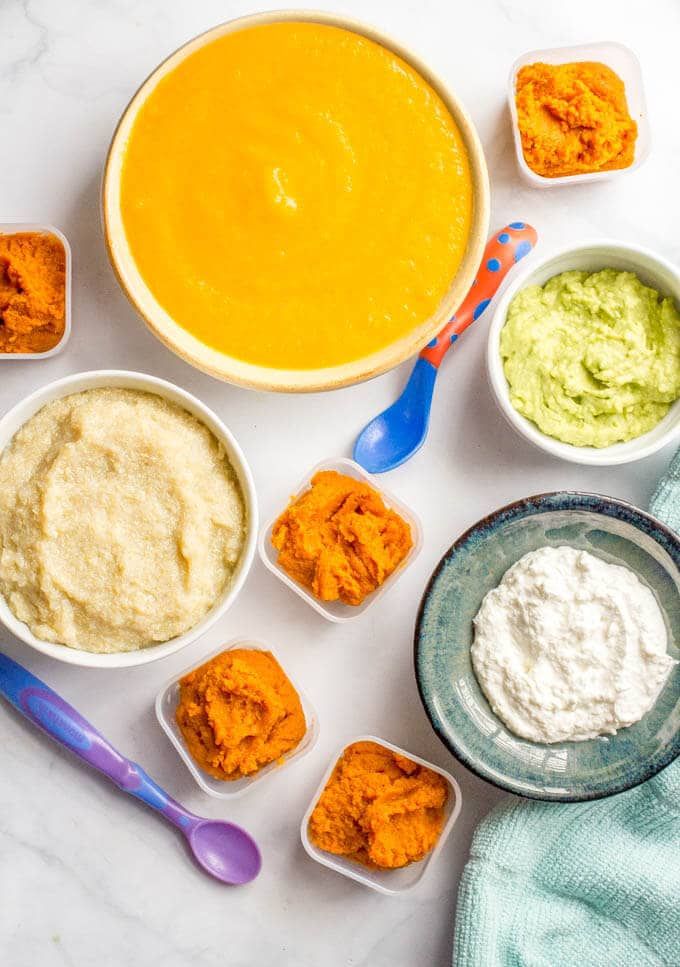 There are numerous safe recipes online for you to try, and homemade baby food is easier to portion correctly. As your baby gets older and can handle the different ingredients, you can even begin to puree your regularly cooked meals for your little one to try.
There are numerous safe recipes online for you to try, and homemade baby food is easier to portion correctly. As your baby gets older and can handle the different ingredients, you can even begin to puree your regularly cooked meals for your little one to try.
Uses for expired baby food
Once baby food has expired, you’ll want to avoid feeding it to your little one. But that doesn’t mean expired baby food can’t still be useful! Here are a few clever uses the internet has come up with:
- If you have a compost pile, expired baby food makes a great addition!
- Moisturizing treatments. This sounds a bit weird and depends on the type of baby food you have, but it actually makes some sense. If you have expired avocado baby food, for example, you can use it to help moisturize your hair.
- Feed the birds. Apparently, expired baby cereal is perfect to blend with peanut butter and seeds before putting on pine cones outside. You might attract some nice birds to introduce to your baby.
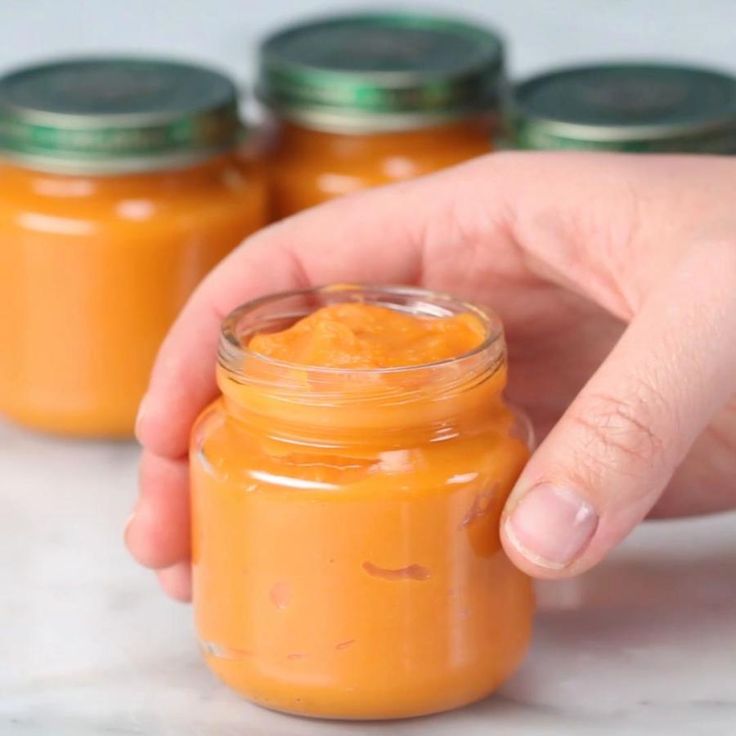
How to store baby food?
Food plays a huge role in the harmonious development of the child. Mothers are usually interested in the selection of the first baby food long before the introduction of complementary foods. We will devote today's article to the rules for storing baby food.
We've put together a few hacks to help you figure out how to keep different forms of baby foods fresh.
Prepared baby food storage rules
For those who don't bother with cooking their own complementary foods, things are a little easier. Product features and packaging method dictate the storage rules:
• Dry mixes and cereals are designed for long-term storage provided the packaging is intact. After opening the pack, the shelf life of the product is no more than three weeks. Manufacturers recommend storing cereals and mixtures packaged in jars in their original packaging. If you purchased the product in a cardboard box or in a bag, it is advisable to pour the contents into an airtight container. Food grade plastic boxes are perfect. It is safe to store even baby food in such containers, as they are made of materials that are specially designed to come into contact with food. The container itself should be stored in a dark, dry place.
If you purchased the product in a cardboard box or in a bag, it is advisable to pour the contents into an airtight container. Food grade plastic boxes are perfect. It is safe to store even baby food in such containers, as they are made of materials that are specially designed to come into contact with food. The container itself should be stored in a dark, dry place.
• Liquid and semi-liquid baby food (yogurts, juices, fruit drinks) can be stored for no more than five days from the date of its manufacture. An important storage condition is the temperature from 0 to 5 °C. After opening the package, dairy and sour-milk products should be consumed within a day. Fruit drinks, vegetable and fruit juices can be stored for up to three days.
• Canned food (mashed potatoes, pates, soups, cereals), depending on the composition, has a clearly defined shelf life. To prevent the product from oxidizing, after opening it must be stored in a tightly closed container.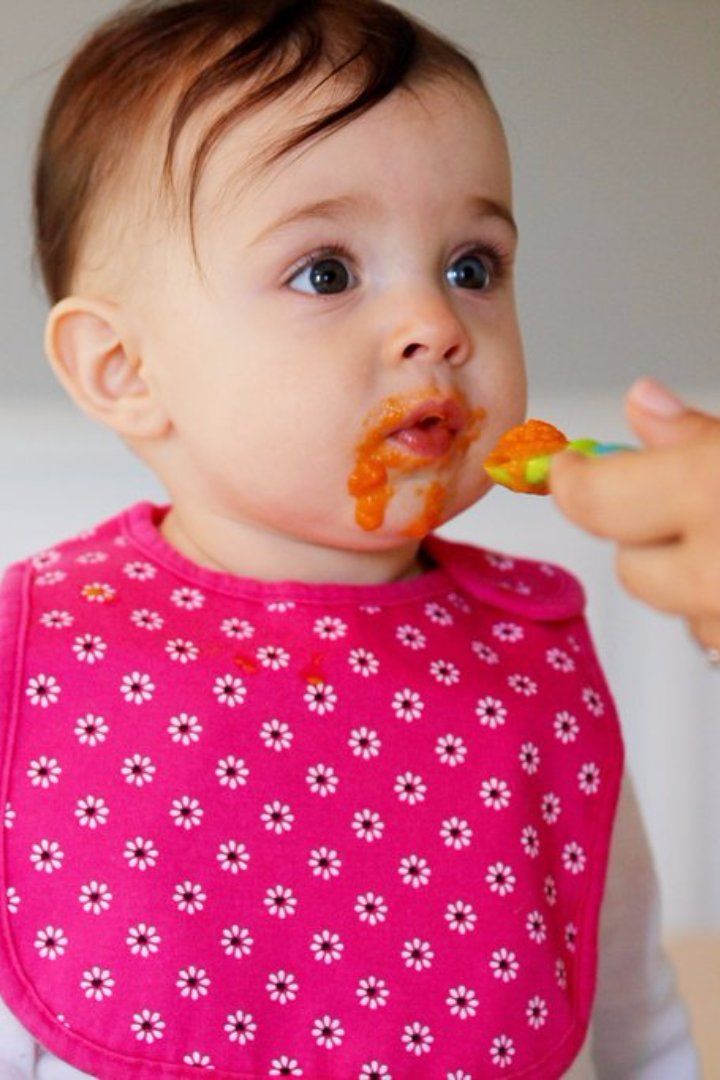 Opened baby food should be consumed within 24 hours.
Opened baby food should be consumed within 24 hours.
Rules for storing homemade preparations for a children's table
There are two options for homemade preparations - use them immediately, or freeze them .
If we are talking about freezing, then there are several basic rules for the preparation of products:
• Fish products are frozen in a double mill, processed in front into portions of small pieces. Freeze more often in airtight boxes, resistant to low temperatures of the freezer. Meat freezing can be saved for about nine months, and ribna - only three.
• Vegetables and fruits can also be frozen in containers. In the freezer, the stench can lie no more than fate.
Defrost preparations for children's meals only in the refrigerator. Rizke heating can help the product of the greater part of the brown speeches.
Now you know all the secrets of saving a child's meal!
Other articles
Storage of baby food: terms and requirements for the storage of baby food
09/23/2019 31021
Contents of article
- Importance of proper storage of baby food
- About the safety of baby food
- Rules for storing different types of food
- General storage rules
All parents want to see their baby cheerful, active and healthy.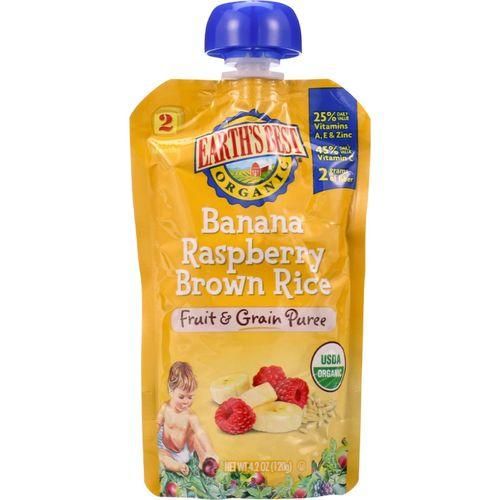 The harmonious development of the child largely depends on the correct and high-quality diet. The market for special baby food is striking in its diversity, and everyone strives to choose the best for the child. But for the safety of the baby and its full development, it is not enough to buy high-quality products. You also need to know how to properly store baby food.
The harmonious development of the child largely depends on the correct and high-quality diet. The market for special baby food is striking in its diversity, and everyone strives to choose the best for the child. But for the safety of the baby and its full development, it is not enough to buy high-quality products. You also need to know how to properly store baby food.
The importance of proper storage of baby food
Warmth, care and attention are necessary for all children. But the child is gradually growing, while he needs to eat varied. And here the question arises: is it possible to save the cooked product until the next feeding? Here it is important to pay attention to the fact that the child's immune system is not yet strong enough, so the storage of baby food should be given special attention. The well-being and health of the baby often depends on the conditions in which and how long they are kept.
About the safety of baby food
In the Russian Federation there is a whole regulation on the safety of food for children - that's what it is called.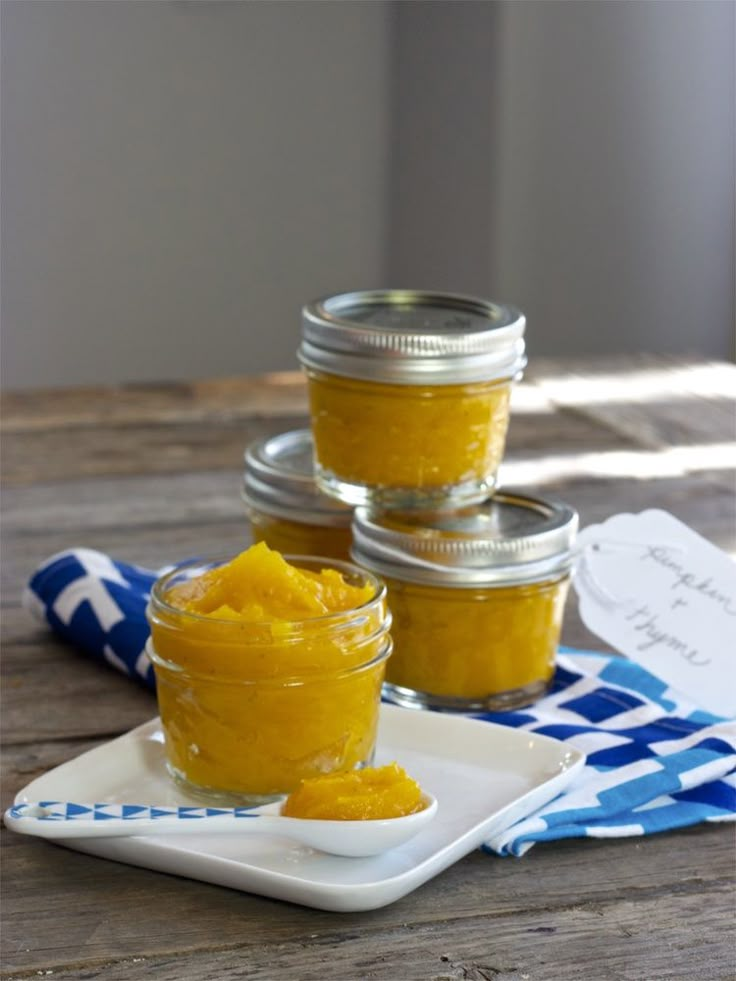 This document sets out requirements for manufacturers and sellers of children's products related to the protection of children from toxic and chemical substances. This applies not only to baby food produced in our country, but also imported from abroad. That is why when buying infant formula, porridge, puree or other product, you can be sure of its quality and safety. The regulation requires not only correct production, but also packaging, storage of baby food and its disposal:
This document sets out requirements for manufacturers and sellers of children's products related to the protection of children from toxic and chemical substances. This applies not only to baby food produced in our country, but also imported from abroad. That is why when buying infant formula, porridge, puree or other product, you can be sure of its quality and safety. The regulation requires not only correct production, but also packaging, storage of baby food and its disposal:
- Children's products are sold only through special stores or dedicated departments of supermarkets (therefore, it is better to buy them there or at least in a pharmacy).
- Expiration dates are set by the manufacturer, who is fully responsible for the quality of his product.
- Transportation of baby food is carried out in accordance with the requirements of the technical regulations for the transportation of any products.
At the same time, in the production of baby food, a number of conditions must be observed:
- Do not use highly acidic curd products.
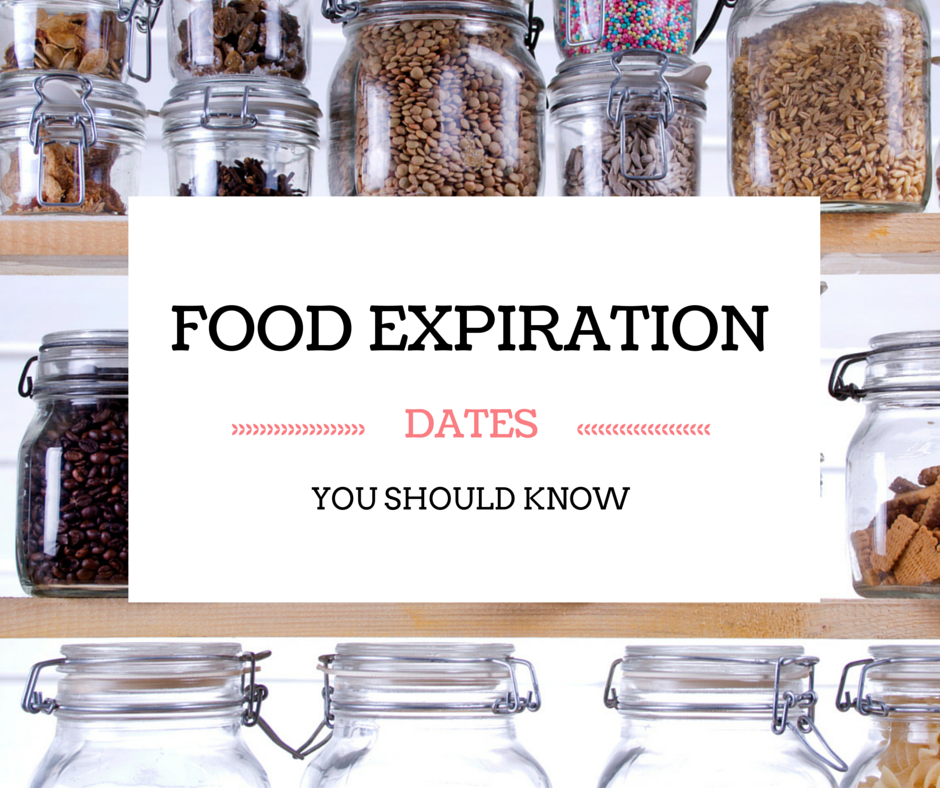
- Do not add soy flour or grains contaminated with impurities.
- Offal is prohibited except for tongue, liver, heart and blood.
- Do not include in baby food beef with a fat content of more than 12%, pork - 32%, lamb - 9%.
- Do not use salted butter or products with a fat content below 82%*.
For a complete list of products prohibited in the production of baby food, you can follow the link attached to the article.
Rules for storing different types of food
Undoubtedly, breast milk is the most valuable and beneficial for a child. But there are situations when a mother needs to leave the house and she expresses milk in order to feed the baby on time. In addition, the child grows, over time he needs complementary foods. Expressed breast milk, formula-fed infant formula and complementary foods require a special approach, and it is very important to know the conditions and shelf life of baby food.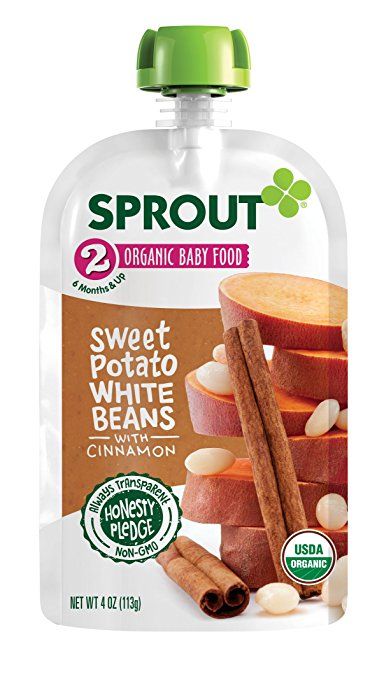
How long can open packages of infant formula and cereals be stored?
This is important!
The shelf life of opened dry infant formula or cereal is limited to 2-3 weeks, sometimes 4 weeks for cereals (depending on the manufacturer - read the packaging carefully). After its expiration, this product cannot be prepared for a child. Dry mixes should be stored in a place protected from light, but not in the refrigerator.
Open jars (packages) of fruit, vegetable and meat puree should only be stored in the refrigerator. And after opening the package, you can eat only within 12 hours **. After the expiration date or 12 hours after opening the package, the product must be disposed of, since it can no longer be eaten. Yes, not only for children, but also for adults.
Also, many are interested in how long home-made baby food, such as freshly prepared vegetable or fruit purees and juices, can be stored. There are two main options to use immediately after preparation (the best) or freeze.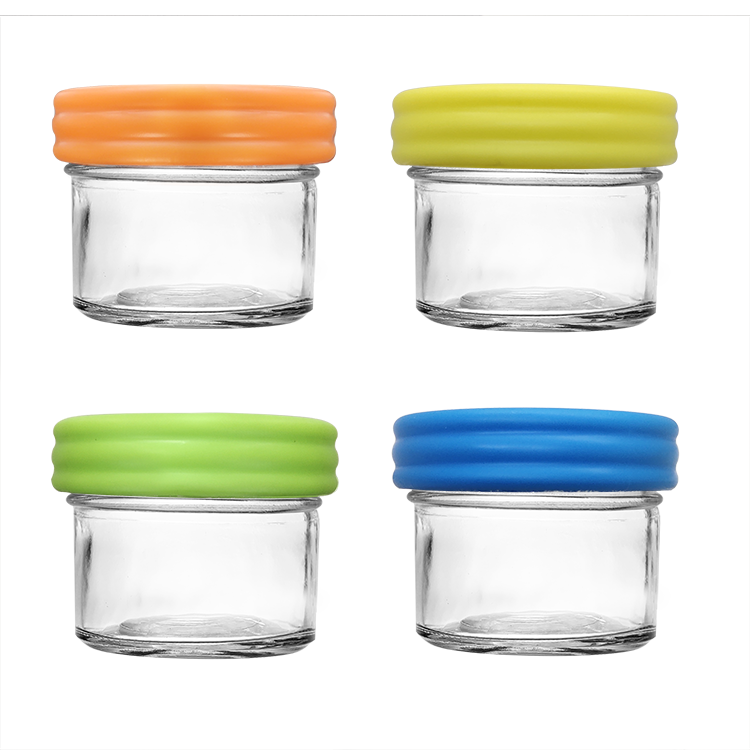 Such a product will also be suitable for eating for 12 hours, after which it will begin to deteriorate. Frozen fruits and vegetables can be stored in the freezer for up to six months, depending on the culture. However, even frozen products have expiration dates, after which it would be wiser to throw them away than eat them.
Such a product will also be suitable for eating for 12 hours, after which it will begin to deteriorate. Frozen fruits and vegetables can be stored in the freezer for up to six months, depending on the culture. However, even frozen products have expiration dates, after which it would be wiser to throw them away than eat them.
General storage rules
A huge variety and affordable cost of products greatly facilitate the worries of preparing complementary foods for children. But along with this, many parents face another problem: where to store baby food? So that the products do not lose their qualities from the influence of external factors, the following basic rules must be observed.
- Hygiene. Be sure to wash your hands thoroughly before preparing food and feeding your baby. The child's dishes should always be clean and stored separately in sterile conditions.
- Storage location. Dry cereals and mixtures should be stored in a ventilated cupboard out of the reach of children.
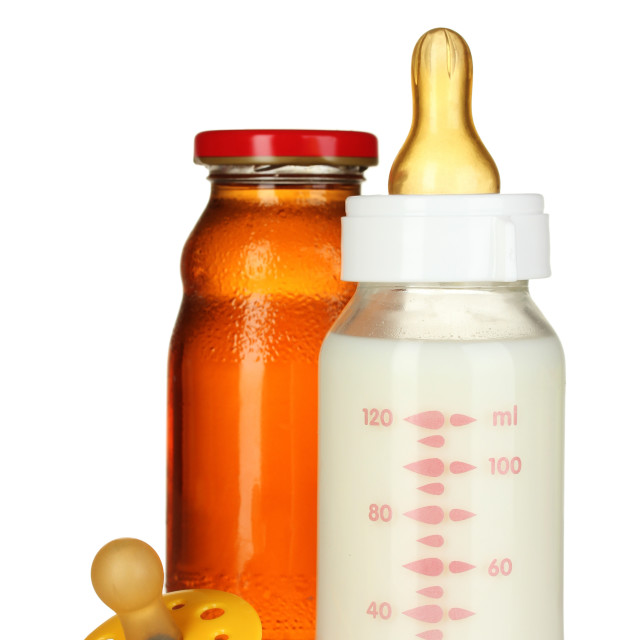 In caring for a baby, mothers are loaded with various problems and worries. It is difficult for them to remember everything, so it is recommended to stick a label on each product with the date of its opening. This will help you meet the deadlines.
In caring for a baby, mothers are loaded with various problems and worries. It is difficult for them to remember everything, so it is recommended to stick a label on each product with the date of its opening. This will help you meet the deadlines. - When feeding a child with vegetable and fruit juices, puree or fermented milk products in jars, it should be remembered that after the integrity of the package, the use of its contents is allowed on average up to 12 - 24 hours. Different manufacturers may have different terms, read carefully what is written on the label! Be sure to ensure that the integrity of the packaging has not been violated even in the store. Most manufacturers on the jars have a special protection against opening. Fresh puree in jars emits a characteristic “pop” when opened, juices must have either a protective foil film or a special opening mechanism. Unopened jars of juices and purees can be stored in the cupboard, while dairy products should only be kept in the refrigerator.
